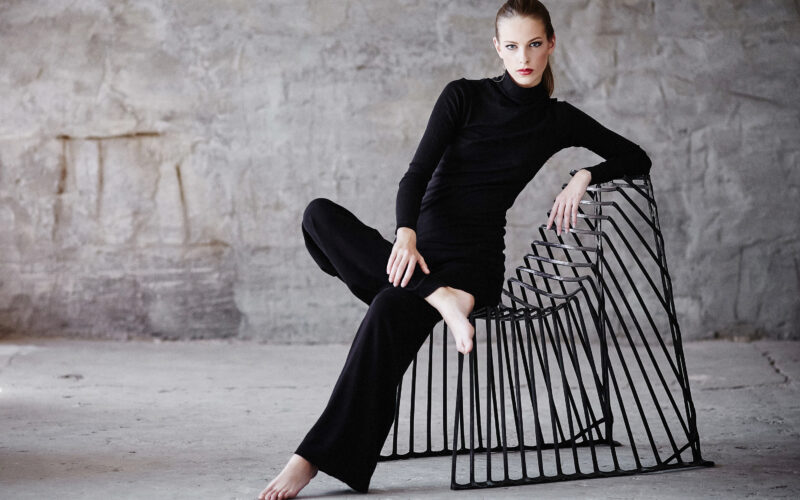Introduction
Contemporary clothing represents a dynamic and ever-evolving fashion movement that encompasses a wide range of styles and aesthetics. It emphasizes individuality, self-expression, and the fusion of modern and traditional elements. In this article, we will explore the essence of contemporary clothing, its key features, popular styles, influences, and its impact on the fashion industry.
The Evolution of Contemporary Clothing
Contemporary clothing has its roots in the mid-20th century, when designers began experimenting with innovative materials, cuts, and styles. It emerged as a reaction to the rigid fashion norms of the time, aiming to break free from traditional constraints and offer a fresh perspective on personal style.
Popular Contemporary Clothing Styles
- Streetwear: Influenced by urban culture and sportswear, streetwear has gained significant popularity in contemporary fashion. It combines casual comfort with edgy aesthetics, often featuring graphic prints, oversized silhouettes, and unique collaborations with artists and brands.
- Bohemian: The bohemian style celebrates freedom, individuality, and a carefree spirit. It incorporates natural fabrics, flowy silhouettes, vibrant patterns, and eclectic accessories.
- Minimalist: Minimalist fashion focuses on clean lines, neutral colors, and simplicity. It embraces the “less is more” philosophy, emphasizing high-quality basics and essential wardrobe staples.
- Eclectic: The eclectic style combines elements from various fashion eras, cultures, and aesthetics. It encourages mixing and matching different patterns, textures, and styles to create visually captivating and unique outfits.
- Athleisure: Blending athletic and leisurewear, athleisure has become a dominant trend in contemporary fashion. It merges comfort with style, featuring sporty silhouettes, technical fabrics, and a seamless transition from gym to everyday life.
The Role of Sustainable Fashion in Contemporary Clothing
Contemporary clothing is increasingly embracing sustainable fashion practices. Designers and consumers alike are recognizing the importance of environmentally friendly and ethically produced garments. Sustainable fashion focuses on reducing waste, using eco-friendly materials, and ensuring fair labor practices throughout the supply chain. By incorporating sustainable practices, contemporary clothing aligns with the values of conscious consumers and contributes to a more responsible fashion industry.
The Impact of Social Media on Contemporary Fashion Trends
Social media has revolutionized the way fashion trends spread and evolve. Platforms like Instagram, TikTok, and Pinterest have become influential hubs where individuals showcase their personal style and discover new fashion inspiration. Contemporary clothing brands leverage social media to reach a wider audience, collaborate with influencers, and gain valuable feedback from their customers. As a result, trends in contemporary fashion can quickly gain traction and spread globally, allowing for greater diversity and accessibility.
Contemporary Clothing for Different Occasions
Contemporary clothing offers versatility for various occasions, ensuring individuals can express their personal style regardless of the event. Whether it’s a formal gathering, a casual outing, or a professional setting, contemporary fashion provides options to suit every scenario. From tailored suits with modern twists to elegant evening dresses with unconventional details, contemporary clothing allows individuals to make a fashion statement while adhering to the dress code of different occasions.
The Future of Contemporary Clothing
The future of contemporary clothing looks promising as it continues to evolve and adapt to societal changes. With an increased focus on sustainability, inclusivity, and individual expression, contemporary fashion is set to become even more diverse and innovative. Technology will play a significant role, with advancements in smart fabrics, virtual fitting rooms, and personalized fashion experiences. The future of contemporary clothing holds endless possibilities for creativity, self-expression, and positive change within the fashion industry.
Conclusion
Contemporary clothing represents a dynamic and individualistic approach to fashion, emphasizing personal style, versatility, and innovation. It breaks free from traditional norms and embraces a wide range of styles, from streetwear to minimalist aesthetics. With sustainability and social media as influential factors, contemporary fashion continues to shape the industry and empower individuals to express themselves through their clothing choices.






